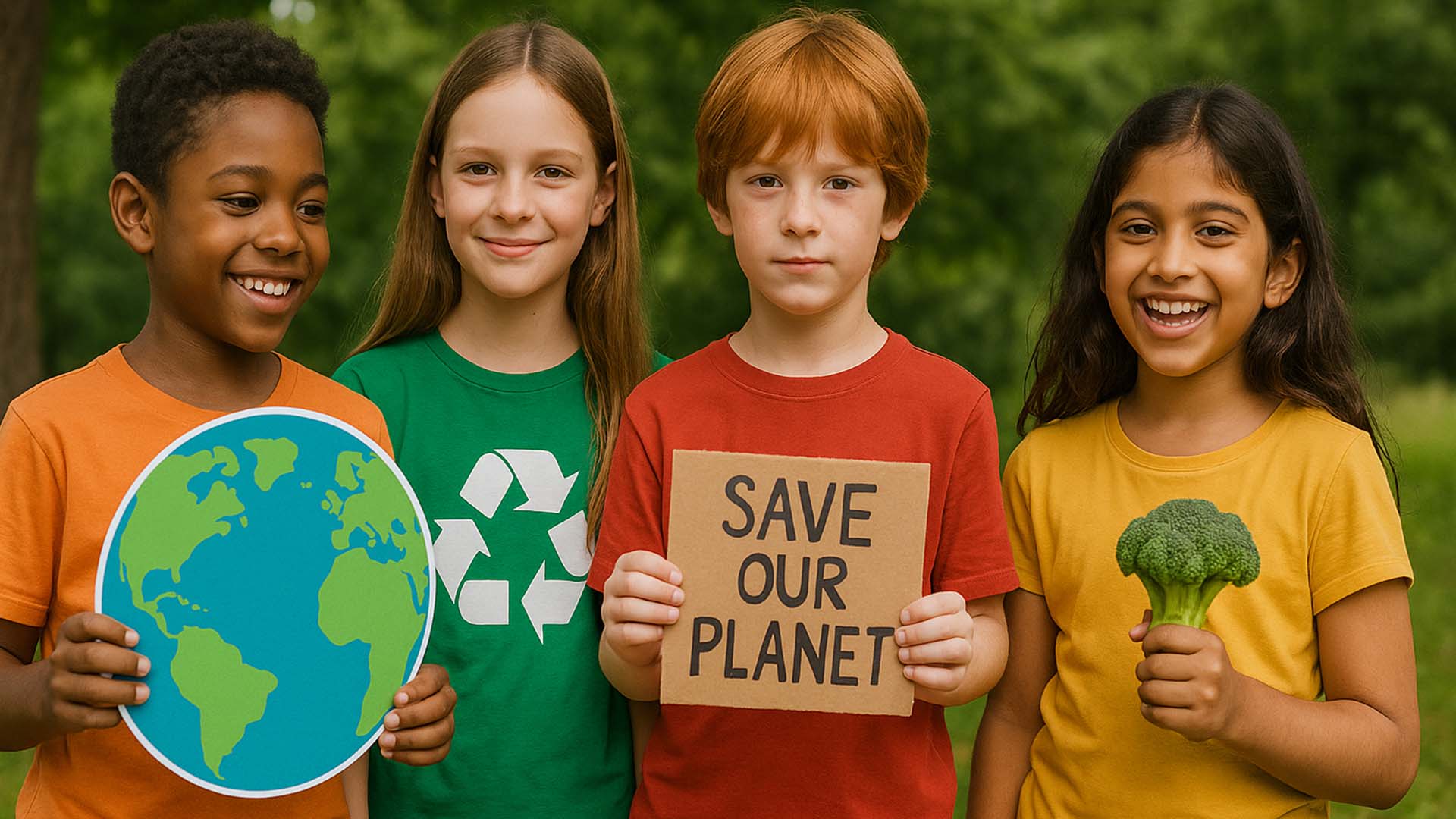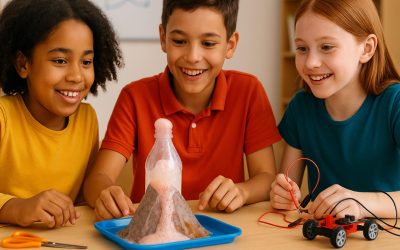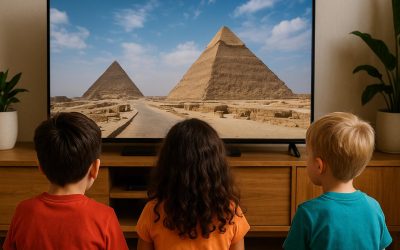Our planet is an amazing place, full of incredible animals, beautiful landscapes, and vital resources. But it needs our help! Every day, kids around the world are becoming eco-heroes by making small changes that have a big impact.
This guide will show you how you can join them and help protect our Earth for today and for the future. Together, we can make a difference and ensure our planet stays healthy and vibrant [39].
Be a Habitat Hero: Protecting Wild Places
Wild places all over the world, from lush rainforests to vast grasslands, are facing challenges. As human populations grow, more land is used for homes, farms, and factories, threatening the natural homes of countless animals and plants. For example, thousands of acres of trees are cut down daily in rainforests [39]. But you can be a habitat hero and help protect these precious environments!
- Stand up against deforestation: Avoid products that contain unsustainable palm oil.
- Keep local habitats safe: Stick to paths when exploring nature to avoid disturbing wildlife.
- Make your garden wildlife-friendly: Create spaces for nature, like building a bee hotel or a log pile.
- Protect vulnerable wildlife: If you have an outdoor cat, put a bell on its collar to alert birds and other small animals.
Reduce, Reuse, Recycle: The Three Rs
We live in a
‘throwaway culture’ where many items are not made to last. Each year, a significant amount of waste is produced, and much of it is recyclable! That’s why it’s super important to check labels and put rubbish in the right bin. Even better, we can avoid throwing things away altogether by buying fewer items, taking better care of what we have, and finding ways to repair or reuse old or broken things [39].
- Reduce your waste: Before throwing something away, think if it can be reused. For example, old clothes can become cleaning cloths.
- Repair and donate: Ask a grown-up to teach you how to mend small rips in clothes. If you no longer need something, donate it to charity.
- Fight plastic pollution: Use reusable water bottles and bags when shopping, and always take your rubbish home with you.
Be a Green Eater: Making Sustainable Food Choices
Historically, people believed they could take endlessly from the planet without consequences. Now, we understand that our resources are finite. Sustainable living is crucial, as issues like overfishing, water scarcity, and climate change are all impacted by our food choices. By making small changes to what we eat, we can help protect natural ecosystems and ensure a healthy future for animals and their habitats [39].
- Try vegetarian or vegan meals: Talk to your family about trying meat-free or plant-based recipes.
- Know where your food comes from: Look for labels like the blue MSC label on seafood, which indicates it was sustainably fished.
Keep an Eye on What You Use: Conserving Resources
Our daily lives depend on vast amounts of water and energy. While these resources might seem readily available in some parts of the world, many people lack reliable access to them. It’s important for those of us with access to be mindful and avoid waste [39].
- Go on a vampire hunt: Unplug electronics that are on standby, as they secretly use electricity.
- Dry clothes naturally: On sunny days, hang clothes outside to dry instead of using a dryer.
- Choose eco-friendly transport: Walk, cycle, or use public transport instead of cars.
- Save water: Turn off dripping taps, don’t run water longer than necessary, turn off the tap while brushing your teeth, and take short showers.
Be a Planet Advocate: Share Your Knowledge
The most powerful way to save the planet is to share your knowledge and inspire others to become eco-heroes too! Talk about your passion for habitats, creatures, and eco-friendly living. Change happens when many people work together, so speak up and share your planet-saving ideas [39]!
Q&A: Your Questions About Saving the Planet Answered
Q1: What is deforestation and why is it bad?
A1: Deforestation is when forests are cut down to make space for other things like farms or buildings. It\’s bad because forests are home to many animals and plants, and trees help clean the air we breathe.
Q2: What does “reduce, reuse, recycle” mean?
A2: It means to reduce the amount of trash you make, reuse things instead of throwing them away, and recycle materials like plastic, paper, and glass so they can be made into new things.
Q3: How can I help save water at home?
A3: You can help save water by taking shorter showers, turning off the tap while brushing your teeth, and making sure leaky faucets are fixed.
Q4: Why is it important to turn off electronics when not using them?
A4: Even when turned off, many electronics still use a little bit of electricity (called “vampire power”). Turning them off at the wall saves energy and helps the planet.
Sources
[39] National Geographic Kids. (n.d.). How to save the planet: a guide for kids! Retrieved from https://www.natgeokids.com/uk/discover/science/nature/how-to-save-the-planet/








0 Comments